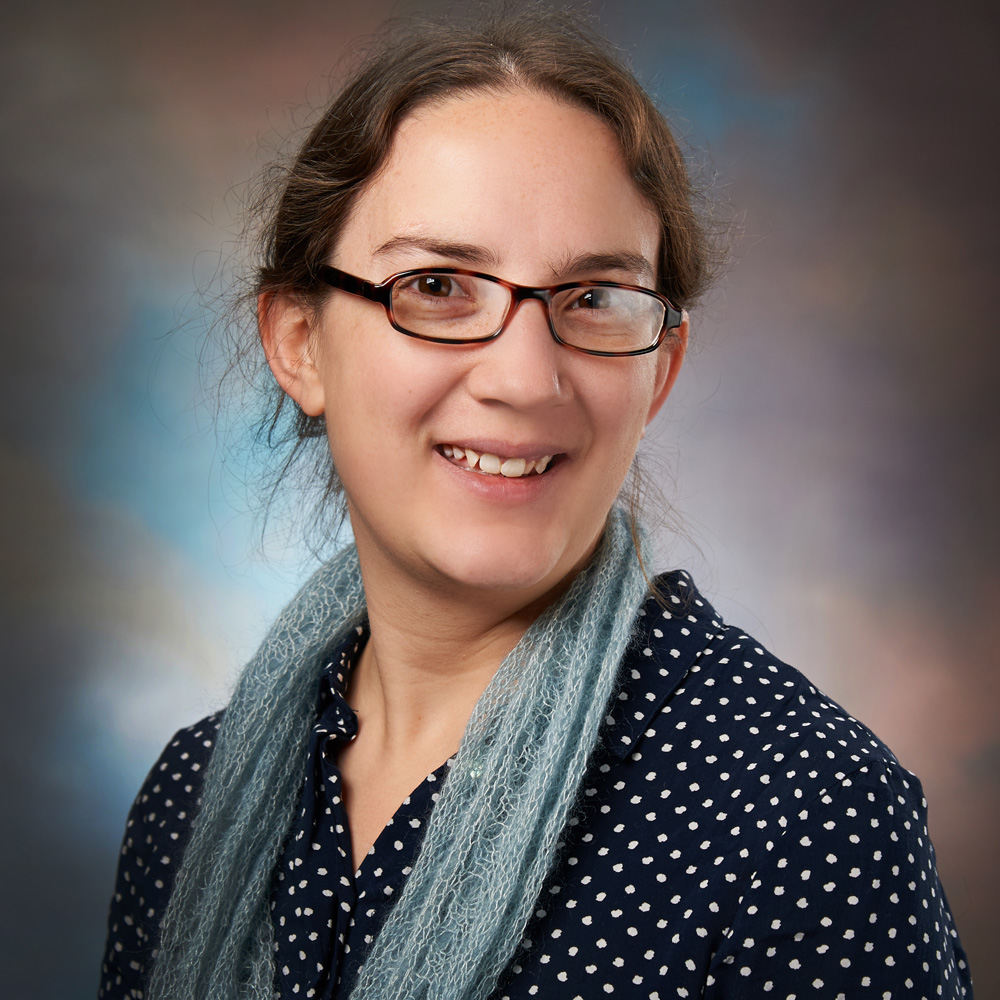Abigail E. Cahill
Associate Professor of Biology, Chair of Women's, Gender, and Sexuality Studies
Dr. Cahill’s research interests center around evolutionary ecology of early life stages of marine species. She is interested in questions relating dispersal of marine invertebrates to other ecological and evolutionary processes, especially how dispersal type can influence local adaptation to temperature regimes and ultimately how these species may or may not evolve in response to global climate change. She is also interested in how marine invertebrate population dynamics are driven by recruitment and subsequent survival, and how these crucial processes are affected by environmental, phenotypic, and genetic variation. Answering these questions involves labwork using molecular methods, as well as lab and fieldwork with live organisms. At Albion, she will be branching out into freshwater invertebrate systems to ask some of these same questions regarding connectivity, dispersal, and life history.
Education
- B.A., 2007, Colgate University (Biology, French)
- Ph.D., 2014, Stony Brook University (Ecology & Evolution)
Courses
- Ecology, Evolution, Biodiversity (lecture and lab)
- Invertebrate Biology (lecture and lab)
- Marine Biology
Areas of Interest
Ecology, evolution, marine biology, dispersal, invertebrate biology
